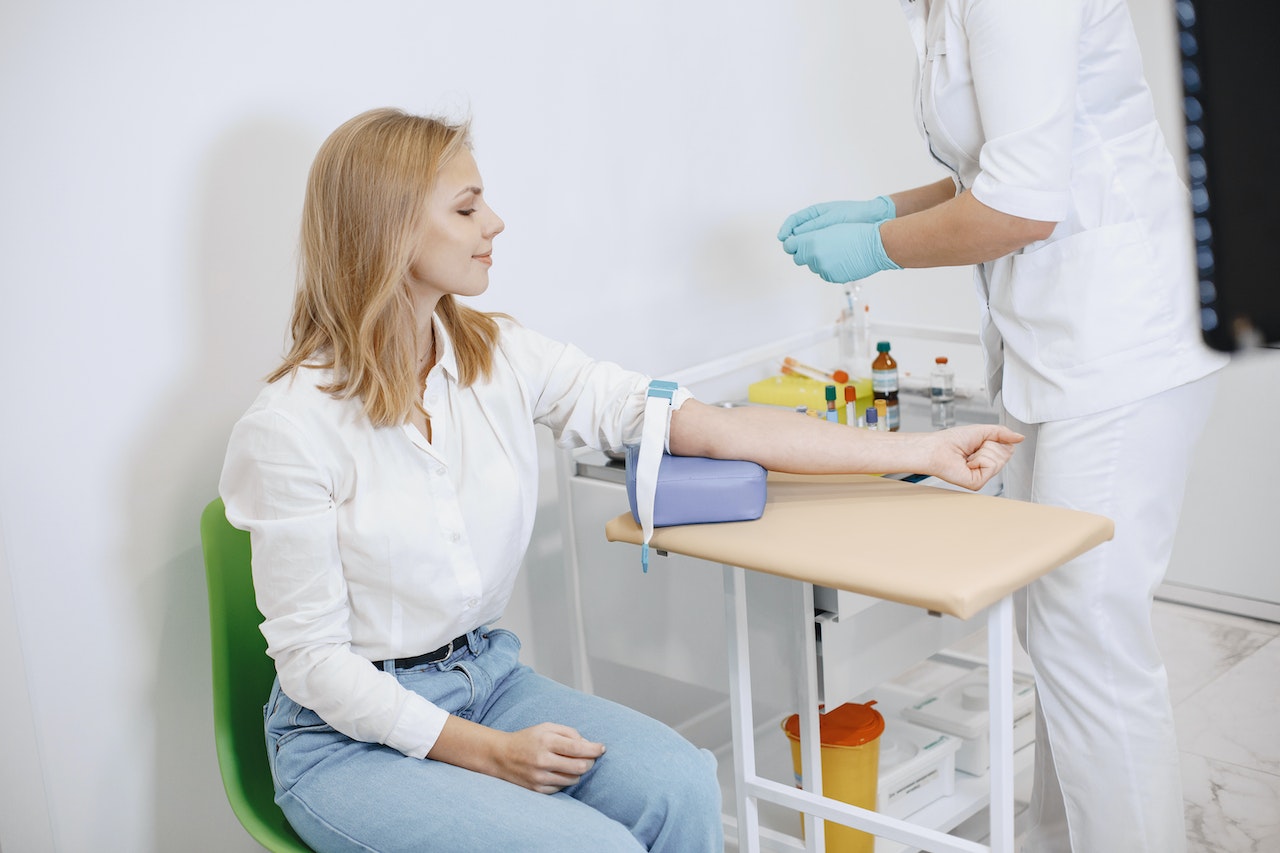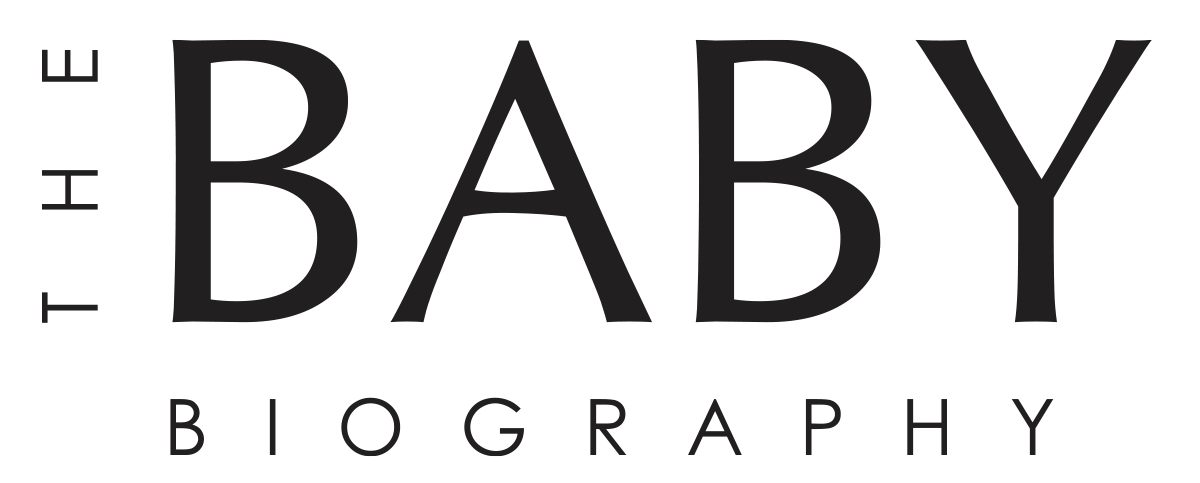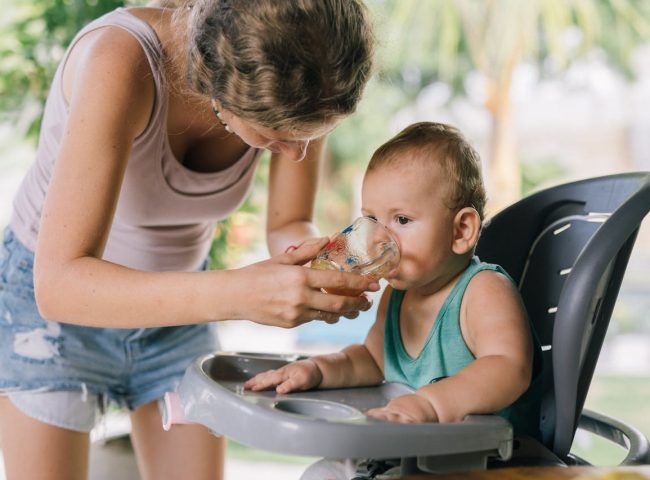Today is World Down Syndrome Day, a day to raise awareness and celebrate the lives of those with Down syndrome. If you have recently found out that your baby has Down syndrome, it is understandable that you may be feeling overwhelmed and unsure of what to do next. In this article, we will discuss prenatal Down syndrome tests, the causes of Down syndrome, how to cope with the diagnosis, and more.
What is Down Syndrome?
Down syndrome is a genetic condition caused by the presence of an extra copy of chromosome 21. This extra genetic material can cause developmental delays, intellectual disability, and other physical and health challenges. Down syndrome is the most common chromosomal disorder, affecting approximately 1 in every 700 births.
What are the Causes of Down Syndrome?
The exact cause of Down syndrome is not known. However, it is known that the condition is not caused by anything the parents did or did not do during pregnancy. Down syndrome is caused by an error in cell division that results in an extra chromosome 21. This can occur randomly, but it is more common in women who are over the age of 35.
Can Down Syndrome be Avoided?
There is no way to prevent Down syndrome. However, there are tests that can detect the condition before birth. These tests include:
Noninvasive prenatal testing (NIPT)
NIPT is a blood test that analyzes the DNA in the mother’s blood to detect the presence of extra chromosome 21. NIPT is a highly accurate screening test that can detect over 99% of cases of Down syndrome. However, it is important to note that NIPT is a screening test, not a diagnostic test. A positive NIPT result should be confirmed with a diagnostic test, such as amniocentesis or chorionic villus sampling.

Ultrasound
An ultrasound is an imaging test that can detect physical features associated with Down syndrome, such as a thicker-than-normal nuchal translucency (the back of the baby’s neck). It can also detect other structural abnormalities that may indicate Down syndrome, such as heart defects. This is often used in conjunction with other tests, such as NIPT or amniocentesis.

Amniocentesis
Amniocentesis is a diagnostic test that involves inserting a needle through the mother’s abdomen and into the amniotic sac to obtain a sample of the amniotic fluid. The fluid contains cells from the baby that can be analyzed for the presence of an extra chromosome 21. Amniocentesis is a highly accurate diagnostic test that can detect over 99% of cases of Down syndrome. However, there is a small risk of miscarriage associated with the procedure.
It is important to note that these tests are optional, and it is up to each individual to decide whether or not to have them. It is also important to keep in mind that these tests are not 100% accurate and can result in false positives or false negatives.
How to Cope with a Down Syndrome Diagnosis
Receiving a Down syndrome diagnosis for your child can be a difficult and emotional experience. However, it is important to remember that your child is still your child, and he or she will bring joy and love into your life.
It is also important to seek support from family, friends, and medical professionals. There are many resources available for families of children with Down syndrome, including support groups, educational programs, and therapy services.
Education
In addition, it is important to educate yourself about Down syndrome so that you can be an effective advocate for your child. There are many misconceptions about Down syndrome, and it is important to understand the facts so that you can help others understand as well.
One of the most important things you can do as a parent of a child with Down syndromeis to focus on their strengths and abilities rather than their limitations. Every child is unique, and children with Down syndrome are no exception. With the right support and opportunities, they can achieve great things and lead fulfilling lives.
It is also important to connect with other families who have children with Down syndrome. They can offer valuable advice and support, and it can be reassuring to know that you are not alone in your journey.
In terms of medical care, it is important to work closely with your child’s healthcare provider to address any medical issues that may arise. Children with Down syndrome are at a higher risk for certain health problems, such as heart defects, hearing and vision issues, and thyroid problems. Early intervention and treatment can help manage these conditions and prevent more serious complications.
Lastly, it is important to celebrate your child’s achievements and milestones, no matter how big or small. Every accomplishment is worth celebrating, and your child’s progress and growth will bring joy and pride to your life.
Conclusion
Receiving a Down syndrome diagnosis can be overwhelming. Prenatal testing is optional and not 100% accurate. Seek support from family, friends, and medical professionals. Educate yourself about Down syndrome. Focus on your child’s strengths and abilities. Connect with other families. Celebrate your child’s achievements. Children with Down syndrome are unique. They can achieve great things and lead fulfilling lives. It is important to address any medical issues that may arise.
Early intervention and treatment can help manage these conditions. Children with Down syndrome are at a higher risk for certain health problems. Heart defects, hearing and vision issues, and thyroid problems are common. Every accomplishment is worth celebrating. Your child’s progress and growth will bring joy and pride to your life.
Celebrate the lives of those with Down syndrome. Recognize their contributions to our communities. Work towards a world that is inclusive and supportive of individuals with Down syndrome and other disabilities. On this World Down Syndrome Day, let us come together to celebrate and support those with Down syndrome.







